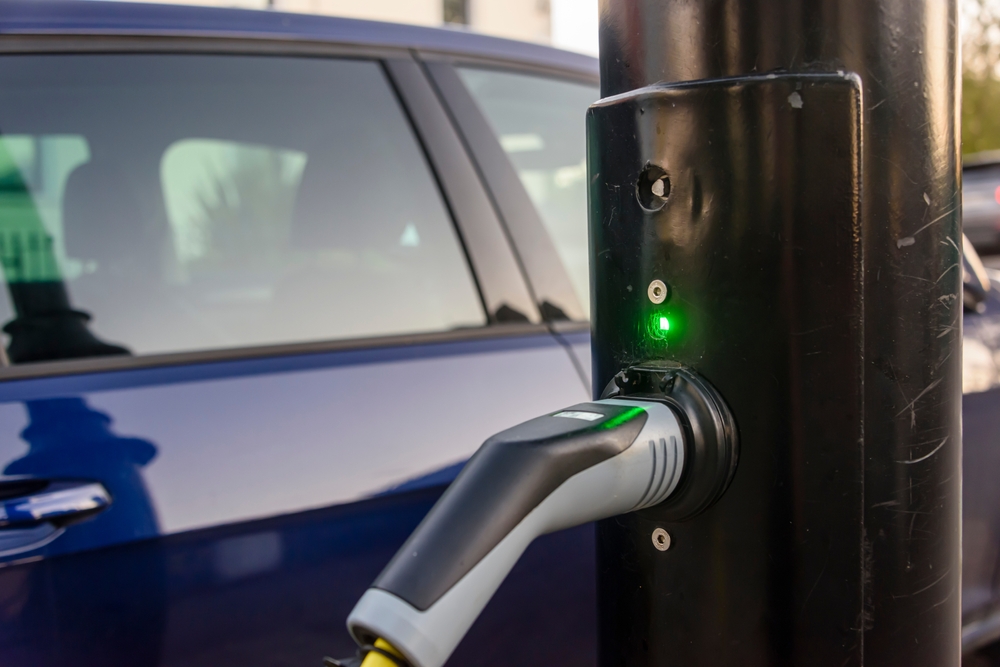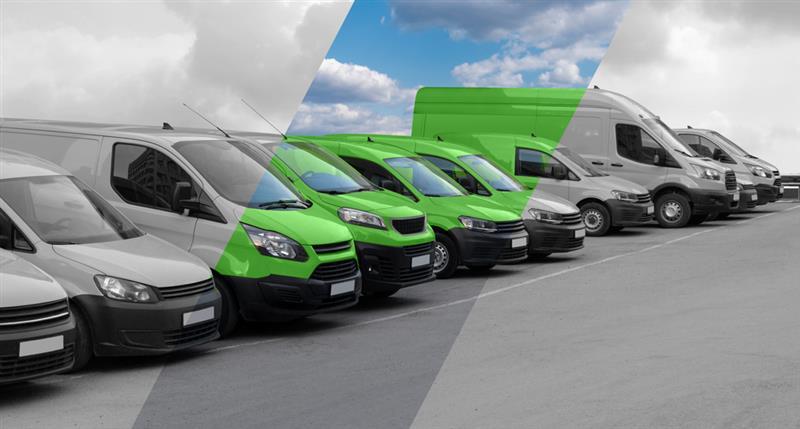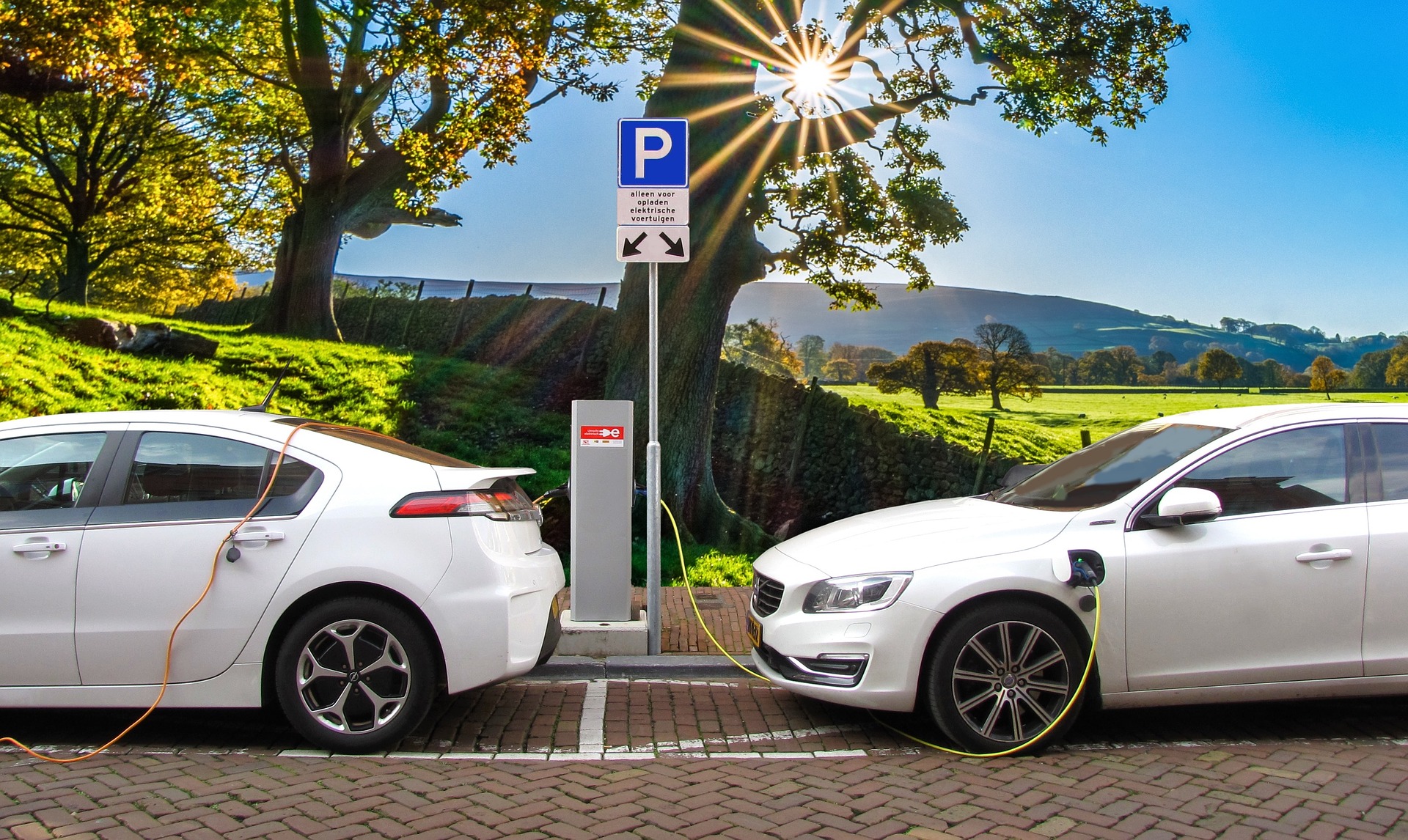Plus, we’re expanding - opening a second office in the heart of Glagsow…
We’ve secured funding to tackle EV bay hogging and support charge point accessibility in Scotland, whilst expanding to open a second location in Glasgow.
Funded by Transport Scotland and managed by Scottish Enterprise through the Can Do Innovation Low Carbon Challenge– a challenge focusing on the decarbonisation of transport in Scotland - we (as Miralis Data, developer of Fuuse) will be building upon our foundations in electric vehicle charge point management to tackle emerging behaviours posing potential roadblocks to EV adoption: bay hogging and ICEing.
Bay hogging refers to vehicles remaining at EV charge points without or beyond their charging session, whilst ICEing sees non EVs taking EV charge point parking bays. The result of the project will enable charge point operators to be alerted to instances of bay hogging and ICEing, with the option to flag to local parking enforcement. Alleviating problems with bay hogging and ICEing will ensure better accessibility for EV drivers, opening up the infrastructure and confidence needed to encourage more EV adopters across the country.
Our Research Director, Will Maden explains the importance of the project for wider EV roll out:
“Scotland has an amazing EV infrastructure network across the whole country including both urban and rural settings. Behaviours like ICEing and bay hogging are a common problem limiting accessibility to the charging infrastructure; meaning we either need to invest in even more infrastructure, or solve the problem with smarter systems. Scotland acts as an excellent testbed for a smarter solution – once we solve the problem on an established network, we will have created a blueprint that can be used across the globe.”
The project is supported by Glasgow City Council, East Lothian and Scottish Leather Group, offering use cases for both public and private sectors.
Head of low carbon transition at Scottish Enterprise Andy McDonald said:
“It is fantastic to see the growth of Miralis in Scotland as the company drives forward its data solution for EV charging that will expand access to sustainable vehicle infrastructure across the country. The project Miralis is working on supported by our Can Do Innovation Low Carbon Challenge will also encourage more people to use sustainable transport as it will improve the flow of parking and charging and this is vital in the journey to achieving Scotland’s net zero targets.”
Minister for Transport Mr Graeme Dey said:
“Scotland is well placed to seize economic benefits from the transition to a net zero economy and it is therefore pleasing to see Miralis expand into Scotland to support the challenge of decarbonising transport.
“I’m looking forward to seeing smarter systems and innovative approaches to support the growth in availability of electric vehicles being tested here in Scotland, as it will provide us with the tools we need to deliver more accessible charging infrastructure.
“This partnership will help us to meet our commitment to phase out the need for new petrol and diesel cars and vans by 2030, as well as supporting our world leading target of net zero by 2045.”
We’ve had roots in Scotland since our infancy. Having championed remote working, we welcomed two Glasgow based developers to the team who have been working on Fuuse. Another Scotland based member has also joined to aid in discussions with the NHS and local authorities in the region.
We’re also delighted to announce we have now officially established our presence in Scotland with the adoption of a Glasgow based office. We’ll be taking space at Clockwise in the heart of the city.
“With this being our second project with Scottish Enterprise this year and with Scotland leading the UK on EV infrastructure, we’re keen to establish our presence in Scotland to help advance our joint innovations” said Will Maden. “As we continue to expand and embrace a hybridised workforce, we believe a second physical location will appeal to the swathes of talent the country has to offer.”
The Fuuse Aware project officially kicked off in July 21 with completion in March 22







